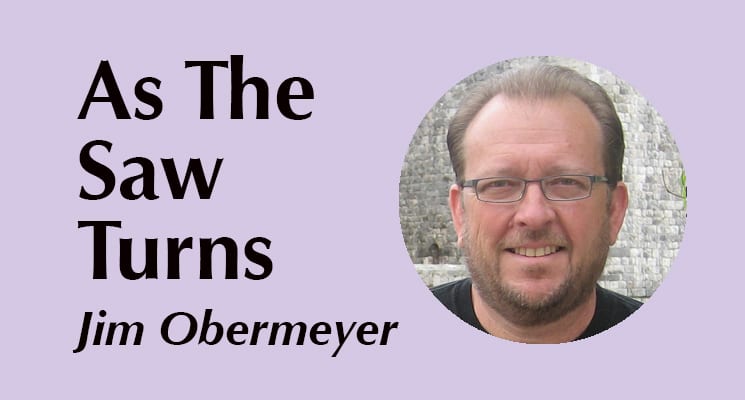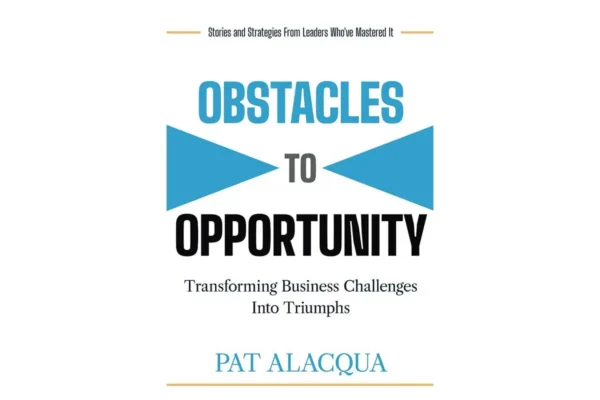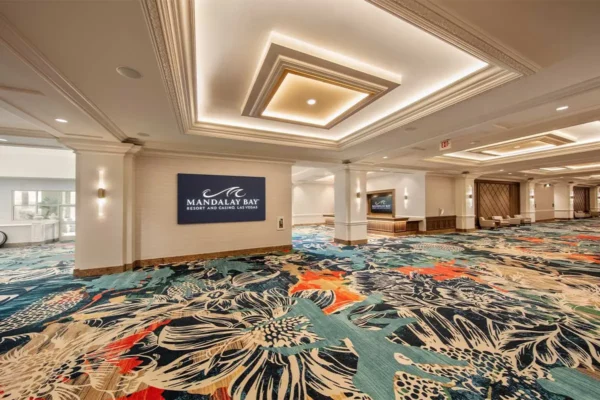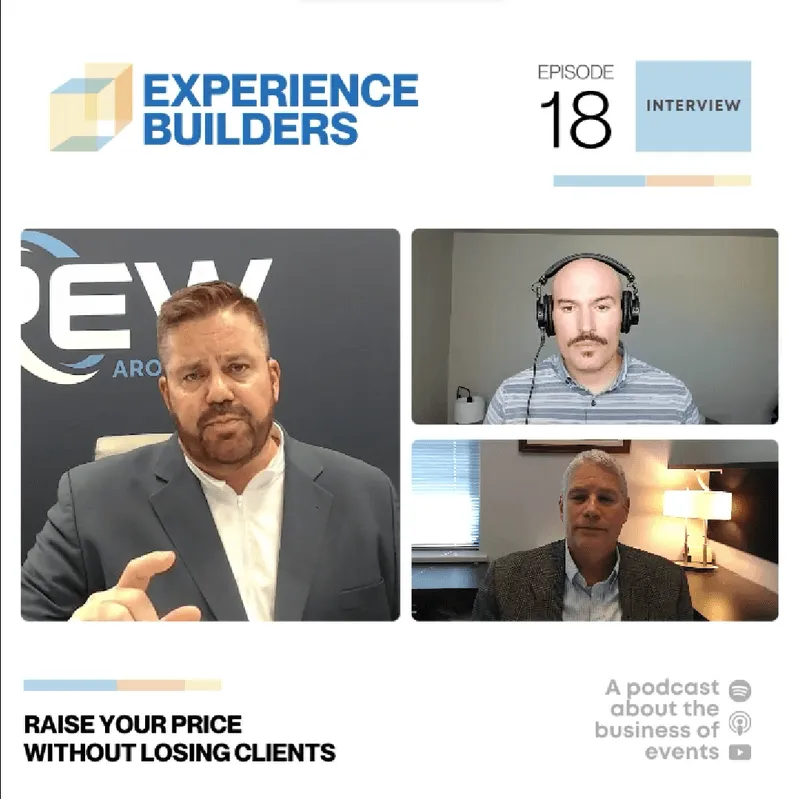by Jim Obermeyer
I was sitting in a meeting the other day with our VP operations and our creative director and we were reviewing an RFP we had just received. It was from a large company in a growing industry and was a relatively significant program. Unfortunately, there was very little detail within the RFP document to give us much to go on. We had lots of questions.
The document offered the opportunity to submit questions, which we did, and when the answers to our questions–and those submitted by others in receipt of the RFP–came back, we knew very little more. Their answers were as vague as the original document.
The RFP asked for us to create a design for an exhibit, detailed show service estimates for three specific shows, suggest creative ways to attract attendees, and then answer more than 50 questions about our company. However, there was no budget provided, no indication of strategic direction, and no opportunity to speak in person with anyone from the company.
Unfortunately, this is becoming a more common experience. We seem to be dealing with this type of RFP more and more. I imagine that the companies sending these out are expecting companies like ours to jump at the chance to win their business and jump through all sorts of hoops to respond. And maybe that precedent has been set by us.
I think we in this industry have a tendency to not value the expertise that we have. Because we are accustomed to giving away design (don’t get me started on that topic…) and giving away our intellectual capital, the value of that expertise seems to be diminished. If we all keep responding to vague and incomplete RFPs, and allowing the companies to then choose from the large number of low-budget responses they get, what motivation is there for any sort of change in this game?
A good friend of mine from outside our industry made a comment to me several months ago about this. He said: “Jim, you could walk into any corporate board room in America and be the smartest guy in there on the topic of face-to-face marketing. You need to place more value on what you know.”
He’s right. And this is not about me. This is about us. Every one of us that has spent our careers in this industry has developed a level of expertise unmatched by those outside our business. We need to place more value on that expertise, and frankly, we need to stop giving it away.
How often is your team caught in that situation where you are providing design–either for clients or prospects–at no charge to them, and with little direction? How often are you providing creative ideas for interactive experiences without first receiving confirmation that your ideas will remain yours until the client or prospect has purchased them from you?
Wouldn’t it be wonderful if RFPs were truly RFIs, and our prospective clients based their decision to work with us on our capabilities, our past performance, our reputation and our relationships, rather than a contest where multiple companies spend incredible amounts of time and money on an exhibit and experiential design at no cost to them?
Back to reality…for the record, with this RFP, we talked with our sales executive, who agreed with our frustration on this one, and we responded back requesting a discovery meeting with their marketing team and a budget range to work with. If that was not agreed to, we would pass on the opportunity to respond.
Trust me, this is a tough decision to make. We all want to win new business, and no one likes to turn down an opportunity. We have to look at each of these RFPs individually, and not make random broad decisions about which ones we will respond to. But there are times we just have to say “no.” It was the right answer for the situation, and for our business.
Now, I’m sure they will get enough responses to select a new supplier. And I use the word “supplier” here intentionally; I do not view this kind of relationship as a “partnership.” For this to be a partnership, both parties would need to understand the value of what we know and agree to pay us for it.
If more of us would take this approach and push back when we receive this kind of request, perhaps we could begin to swing the pendulum back to at least a middle position, where both parties understand and respect the expertise of the other. And are willing to pay for it.
Well, it sounds good, anyway…
See you on the show floor.
Jim Obermeyer has been in the tradeshow industry 35 years, both as a corporate tradeshow manager and exhibit house owner. He is currently a vice president at Hamilton Exhibits and can be reached at jobermeyer@hamilton-exhibits.com.
This column originally appeared in the July/August 2018 issue of Exhibit City News magazine, p. 12. For more pictures and original layout, visit http://issuu.com/exhibitcitynews/docs/ecnflipbook_julyaugust2018_web?e=16962537/62860459






























